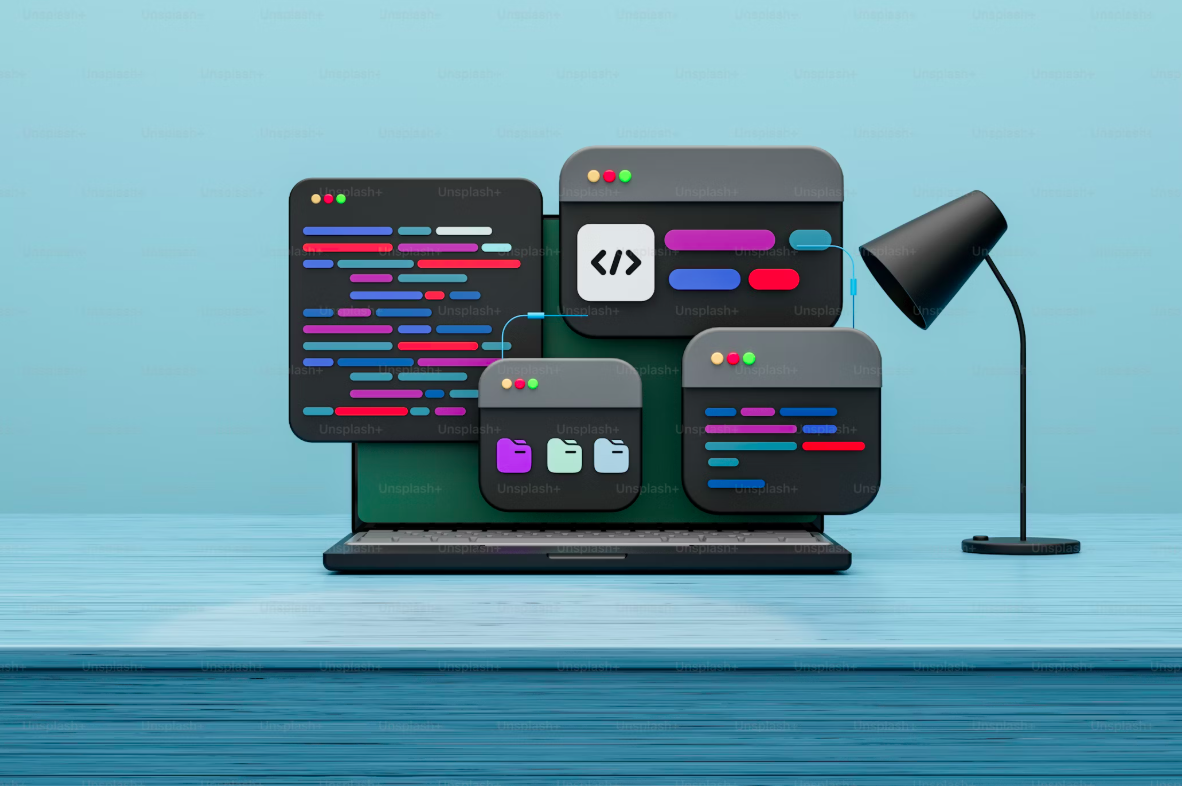When building web applications, developers often face the choice between using Core PHP or opting for a PHP framework. While Core PHP allows for complete control over the codebase and offers flexibility, frameworks bring a lot of additional features that streamline development, improve security, and enhance maintainability. So, why should you consider using a framework over plain Core PHP?
In this post, we’ll explore why frameworks are beneficial and why they might be the better choice for many PHP projects.
1. Faster Development Process
One of the biggest advantages of using a PHP framework is the speed of development. Frameworks come with built-in libraries, tools, and functionalities that make repetitive tasks faster and easier to implement. For example:
- Authentication: Implementing login, registration, and session management is tedious in Core PHP, but with frameworks like Laravel or Symfony, it’s usually just a matter of configuring a few settings.
- Routing: Frameworks handle URL routing for you, meaning you don’t have to manually write functions to handle every possible request.
In Core PHP, you’d have to code everything from scratch, but frameworks save you time by offering pre-built solutions for common tasks. This can significantly reduce development time.
2. Code Organization and Structure
PHP frameworks promote MVC (Model-View-Controller) architecture, which organizes code into distinct layers. This makes the application easier to maintain, debug, and scale over time. In Core PHP, there is no enforced structure, and as your project grows, keeping things organized can become cumbersome.
For example:
- Model: Handles data and business logic.
- View: Displays data to the user.
- Controller: Manages user input and coordinates interaction between Model and View.
MVC helps developers separate concerns, improving both code readability and the ease with which team members can collaborate. Frameworks force you to structure your code in a way that ensures scalability and long-term maintainability.
3. Security Features
When working with Core PHP, you’re on your own in terms of security. You must manually handle things like SQL injection protection, XSS (Cross-Site Scripting), CSRF (Cross-Site Request Forgery), and password hashing. While you can certainly do this in Core PHP, it requires a solid understanding of security principles and is prone to human error.
PHP frameworks often come with built-in security features:
- SQL Injection Protection: Frameworks use ORM (Object-Relational Mapping) systems or prepared statements to safely query databases.
- CSRF Tokens: Frameworks automatically generate CSRF tokens to prevent malicious attacks from tricking users into performing unintended actions.
- Password Hashing: Modern frameworks, like Laravel, come with built-in support for securely hashing passwords.
By using a framework, you benefit from these security features, reducing the chances of vulnerabilities in your application.
4. Built-in Testing Support
Testing is crucial for any software application, and frameworks often come with tools that make unit testing easier. PHP frameworks like Laravel come with integrated testing suites that allow you to write and run tests with minimal setup. Testing your code ensures that your application is functioning correctly, and it helps catch bugs early.
In Core PHP, setting up a testing environment and writing tests can be time-consuming, especially if you’re not familiar with testing tools like PHPUnit.
5. Community Support and Documentation
When you choose a PHP framework, you’re not alone. Frameworks like Laravel, Symfony, and CodeIgniter have huge communities and extensive documentation. This means that if you run into an issue, it’s likely that someone else has already encountered it and written a solution for it. You can also find a wealth of tutorials, forums, and videos that can help you solve problems quickly.
With Core PHP, although the community is vast, finding specific solutions to more complex problems might require more effort since there’s no centralized resource or best practice guide to follow.
6. Scalability and Flexibility
Frameworks come with features designed to help applications scale. They offer tools for caching, database migrations, queue management, and more, which allow your application to handle increased traffic or complexity with ease.
Core PHP can certainly be scaled, but doing so effectively requires more knowledge and effort. You’d need to handle the scaling architecture yourself, whereas frameworks provide scalable solutions out-of-the-box.
7. Standardization and Best Practices
PHP frameworks enforce coding standards and best practices, such as PSR (PHP Standards Recommendations), dependency injection, and DRY (Don’t Repeat Yourself). This ensures that code is not only functional but also clean and maintainable. If you work in a team or plan to collaborate with other developers, having a framework helps ensure consistency in how the code is structured and written.
Core PHP, on the other hand, does not enforce any standards. You are free to write the code in any style you prefer, but this freedom can lead to inconsistencies in larger projects.
When Should You Use Core PHP?
While frameworks offer many advantages, there are cases where Core PHP might be the better choice:
- Small Projects: For simple scripts or small-scale applications, using Core PHP might be quicker and sufficient.
- Learning: If you’re just learning PHP, working with Core PHP helps you understand the fundamentals of the language and web development before abstracting things away with frameworks.
- Custom Solutions: For highly customized applications that require specific behaviors not supported by existing frameworks, Core PHP might give you the freedom to implement exactly what you need.
Conclusion
While Core PHP offers flexibility and full control, PHP frameworks provide powerful tools, enhanced security, improved maintainability, and faster development. For most modern web applications, using a framework like Laravel, Symfony, or CodeIgniter is often the better choice. It saves time, reduces the chance for errors, and helps developers focus on building features rather than reinventing the wheel.
Choosing between Core PHP and a framework depends on the nature and size of the project, but for scalability, efficiency, and security, frameworks generally offer a superior development experience.

Leave a Reply to Pratik raut Cancel reply